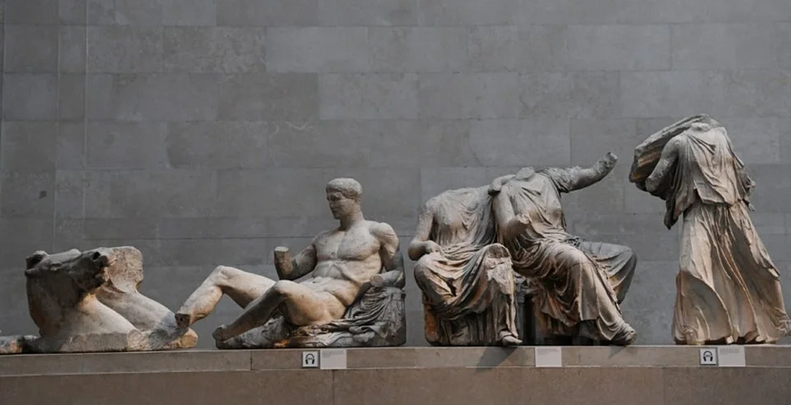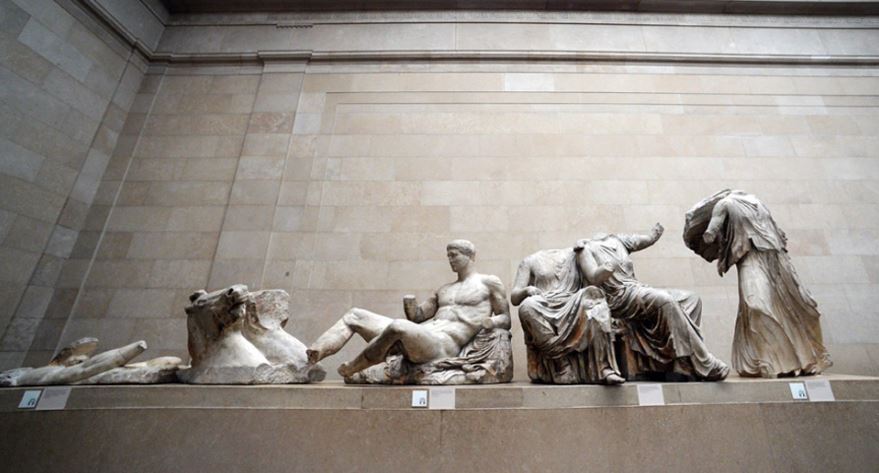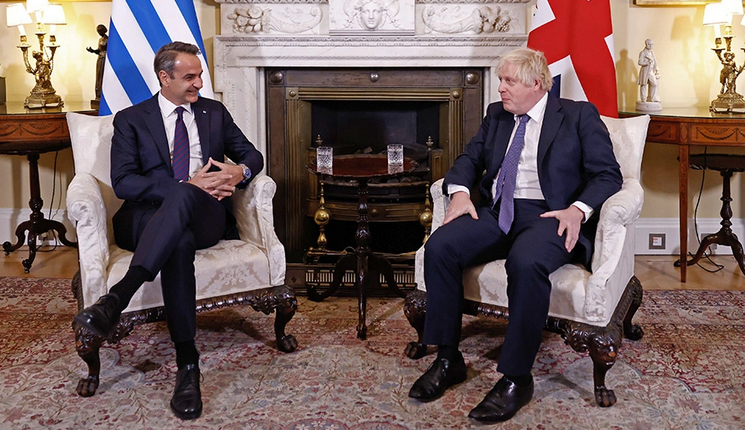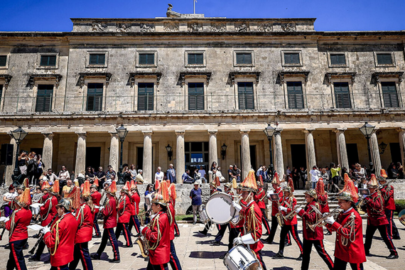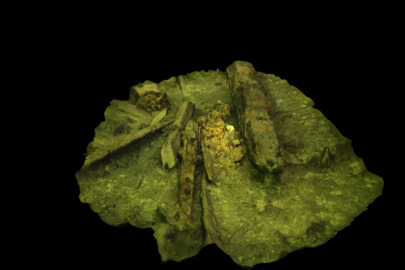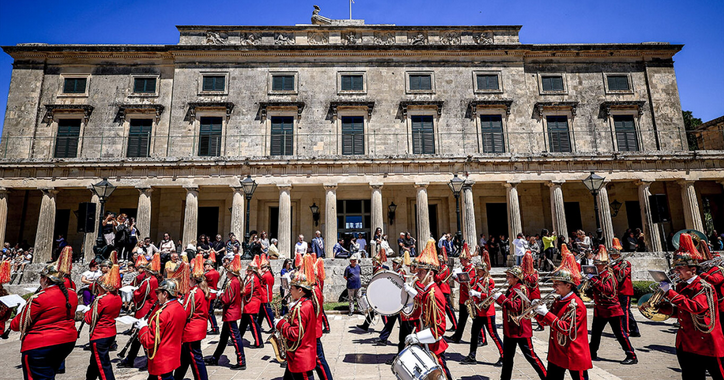In 1984, Neil Kinnock, then leader of Britain’s opposition Labour Party, did something few politicians here have dared: He pledged to return the Parthenon Marbles.
Those classical sculptures, often called the Elgin Marbles after the British aristocrat who removed them from the Parthenon in the early 1800s and brought them to London, were “a moral issue,” Kinnock told reporters during a visit to Athens. “The Parthenon without the marbles is like a smile with a missing tooth,” he said.
Kinnock’s comments made headlines at the time, but when he returned to London, he found that few in his party shared his views, let alone Conservative members of Margaret Thatcher’s government. He didn’t push the idea.
Most of his successors, including Tony Blair, insisted the marbles should stay put in the British Museum, as one of its highlights.
Last week, the sculptures returned to public view after a prolonged closure of the museum’s Greek galleries caused by the coronavirus pandemic and maintenance work. They reappeared as activists around Europe are clamoring to rectify perceived historical injustices, yet the idea of returning the marbles to Athens seems to have as little political support here as it did in Kinnock’s day.
Top Erdogan adviser: We will reach Thessaloniki if the West continues to ‘attack’ our currency
The British government’s official position is that it is not responsible for the marbles’ fate: That, it says, is a matter for the British Museum’s trustees, a group largely appointed by the prime minister that has repeatedly said the sculptures are integral to the museum’s mission of telling world history.
Prime Minister Boris Johnson — an Oxford classics graduate who loves to quote ancient Greek — has for years said the marbles belong in London. In 2012, when he was London’s mayor, he wrote to a Greek official saying he “had reflected deeply over many years” on the sculptures, and, as much as he sympathized with the Greek case, it would be “a grievous and irremediable loss” if they left the British Museum.
When Johnson met with Greece’s prime minister, Kyriakos Mitsotakis, last month, he reiterated the government position that anything to do with the marbles was a question for British Museum trustees, not him.
Read more: New York Times

